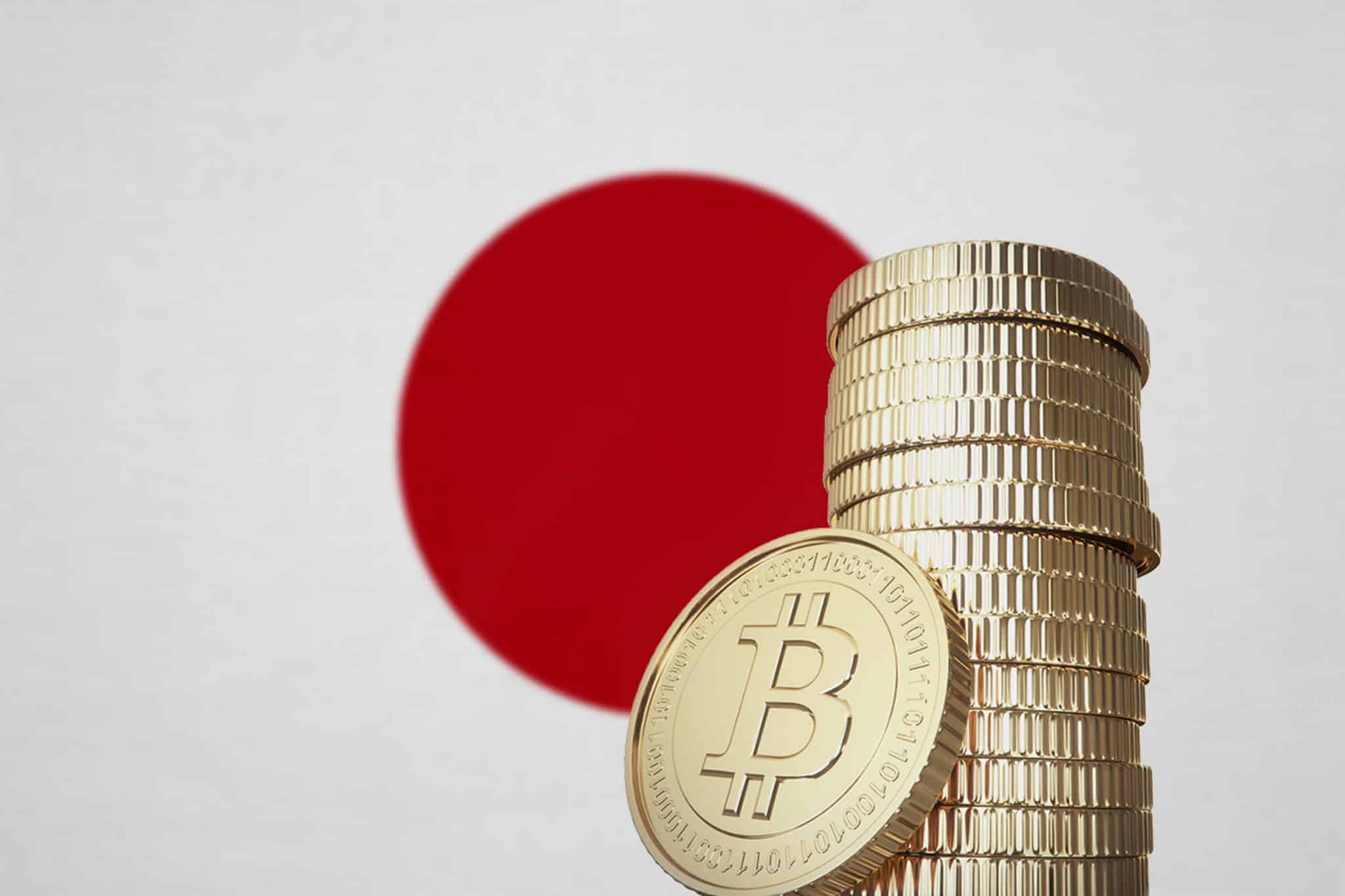
Japan’s Financial Services Agency (FSA) has announced its tax reform demands for fiscal year 2025.
Among the recommendations, the agency highlighted crypto assets, commonly referred to as virtual currencies, within its broader plan titled “Plan to Double Income and Achieve a Nation Built on Asset Management.”
In the section addressing the integration of financial income tax, the FSA specifically emphasized the need to reconsider the tax treatment of virtual currency transactions. The agency took a step toward addressing how virtual currencies could be treated under Japan’s tax regime by proposing to consider whether these assets should be classified as investment financial assets.
These tax reform requests, submitted by various government ministries and agencies, will now be examined by the ruling party’s tax system research committee and the Diet. Although the proposals were submitted last weekend, no final decision has yet been taken.
Despite two years of lobbying by industry groups for changes to the corporate tax system related to crypto assets, this is the first time such reform calls have explicitly mentioned virtual currency transactions. Specific details of the potential changes remain unclear, but the inclusion of virtual currencies in the discussion is a significant development.
The published document also addresses the broader issue of financial income taxation, focusing specifically on “expanding the scope of loss offsets.” Japan has allowed losses from certain government bonds and listed stocks to be offset since 2016, but derivatives transactions continue to be excluded. The FSA’s request aims to expand the scope to include derivatives transactions and deposits, thereby creating a more conducive environment for investors to diversify their portfolios and support the growth of household investments.
Cryptocurrency industry groups and investors have long advocated for a revision of the tax rate on virtual currency transactions, specifically moving from a maximum tax rate of 55% on miscellaneous income to a flat separate self-assessment tax of 20%. However, despite these ongoing calls for change, the tax system for virtual currency transactions remains unchanged. The current proposals could be a turning point, but the final outcome will depend on negotiations by Japan’s lawmakers.
*This is not investment advice.









